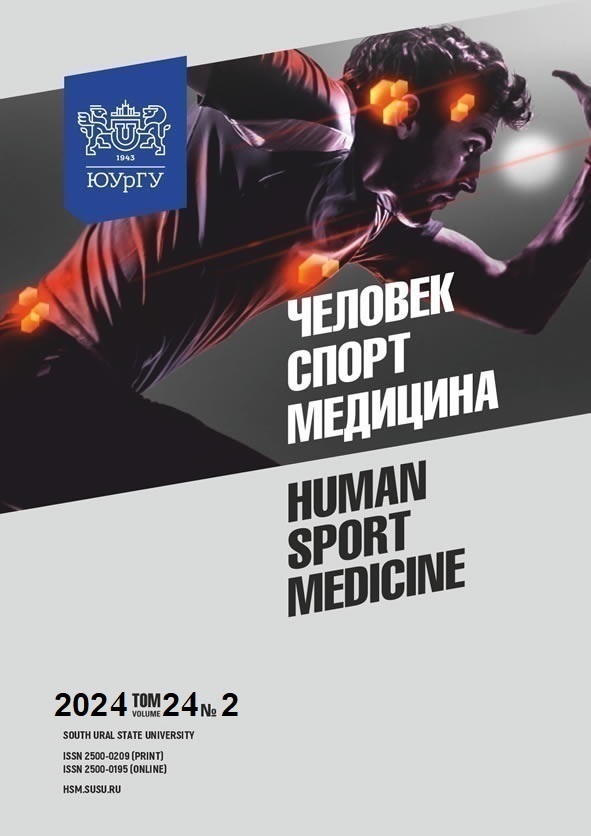METHODOLOGICAL APPROACHES TO ORGANIZATIONAL CULTURAL DEVELOPMENT IN SPORTS BETTING
Abstract
Aim. This study aims to establish the epistemological underpinnings of economic pedagogy within the context of sports betting, positioning it as a novel avenue for exploring organizational culture-building. Materials and methods. The research is conducted within an inter-university framework, focusing on the methodological aspects of developing the gaming industry both domestically and internationally. A particular emphasis is placed on the individual behind the organization of such businesses. The study presents a systematic analysis of the organizational culture within sports betting from a public administration perspective, treating the bookmaking sector as the subject of inquiry. The organizer's role within this sector is examined through the lens of rational logic and sociocultural analysis. Employing a range of methodologies, including empirical, organizational, experimental, psychological, and combined approaches such as COPS and SWOT analysis, the research seeks to delve into the methodological analysis of organizational culture-building within sports betting from a state managerialist viewpoint. Results. The research seeks to delve into the methodological analysis of organizational culture-building within sports betting from a state managerialist viewpoint. Conclusion. The findings underscore the significance of understanding the epistemological roots of economic pedagogy in sports betting, highlighting its relevance in the broader context of educational reform in Russia, particularly in higher education and sports pedagogy. The study concludes by emphasizing the critical importance of exploring the epistemological roots of sports betting
in both theoretical and practical research frameworks.
References
References on translit
Copyright (c) 2024 Human. Sport. Medicine

This work is licensed under a Creative Commons Attribution-NonCommercial-NoDerivatives 4.0 International License.















